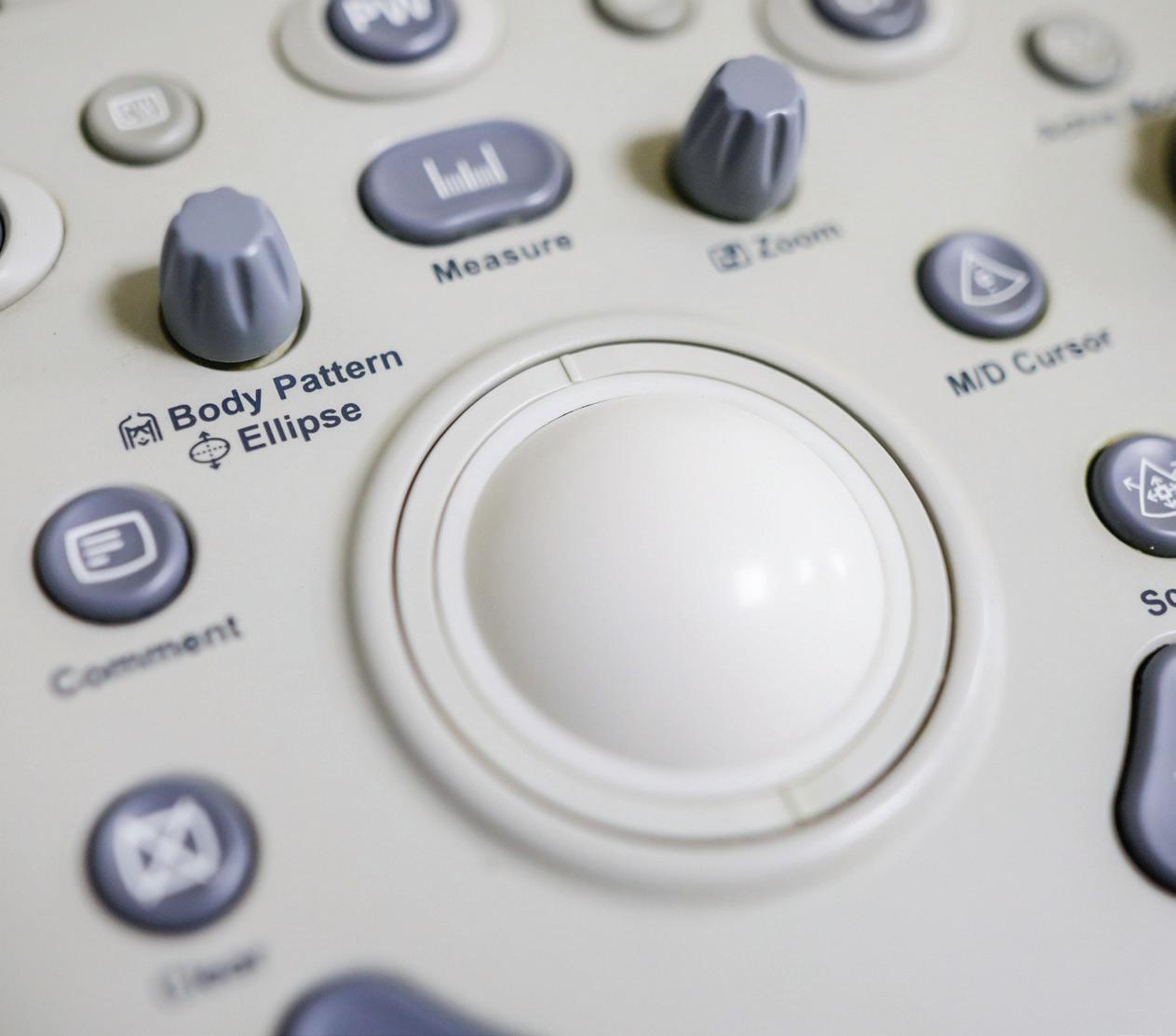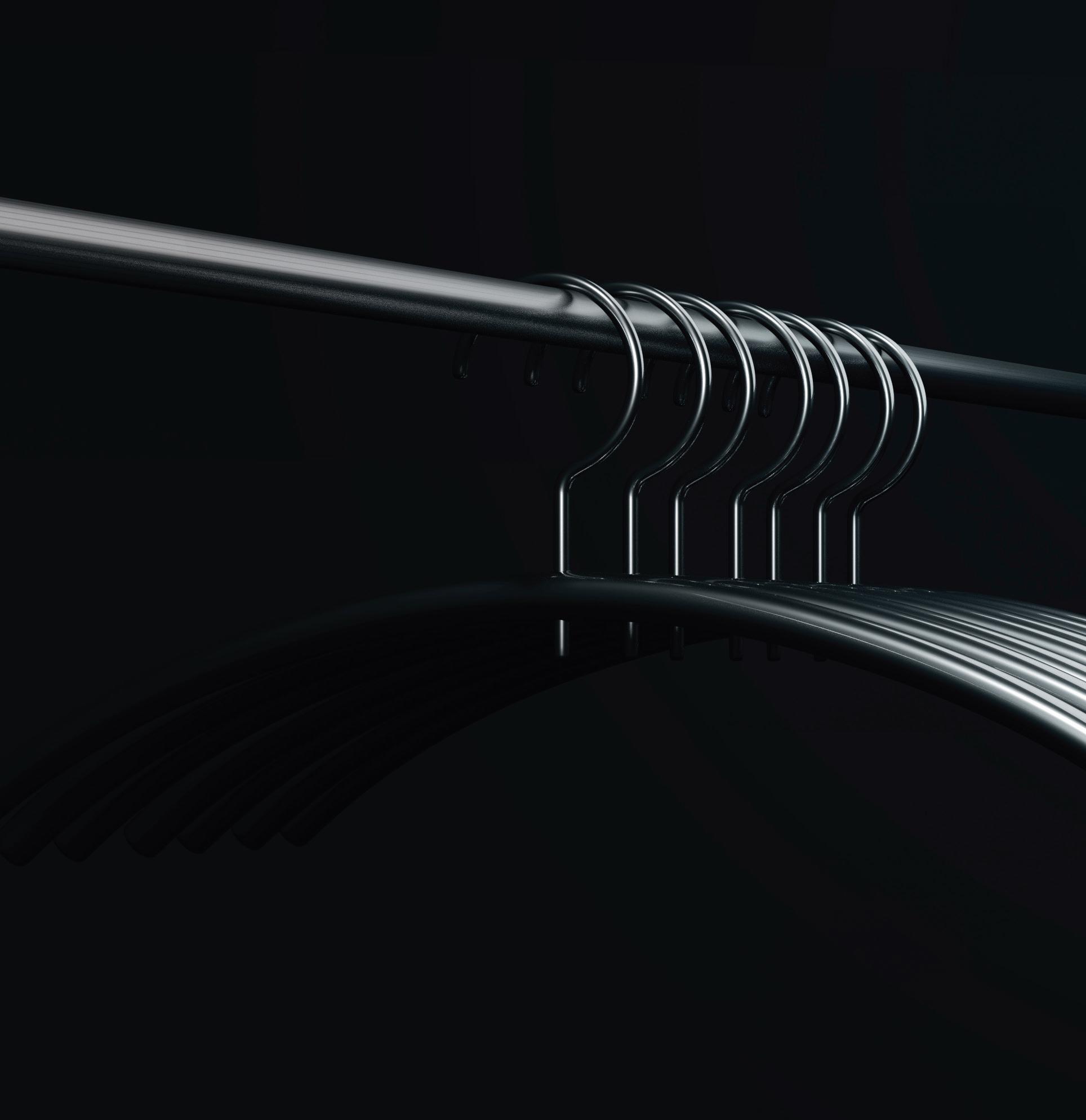
9 minute read
A Spark of Sacrifice
Friday, dusk. The sun is a crimson orb in the sky as I bentch my Shabbos licht and cover my eyes. My lips and heart are one as I retrieve my innermost thoughts that have lain suppressed throughout the week. And then I gaze at the flickering lights, as I’ve done for the past thirty-five years. But this time it is different.
Tonight the flames leap and dance with a life of their own, willing me to soar higher and transcend my own nature—yet again. Time stands respectfully still; I am transfixed by the ethereal glow that radiates from these candles, by the wondrous twist of events that has redefined my entire focus. I am fired with purpose, for I have seen how sealed doors are flung open wide for those who come to purify… As an energetic, young-at-heart bubby, I always took my good health in stride. My schedule was crammed to the overflow with family and work commitments, simchos, and shiurim. My grandkids were constantly popping in for a visit (or for some babka). Life was hectic and happy. And then one day I went for my yearly mammogram. As was often the case, I was told to do a sonogram for a better view. I thought nothing of it; this was all par for the course and so I dutifully squeezed some time in a week before Pesach to do this sonogram and be over with it.
Advertisement
That night I had a most disturbing dream. My recently departed mother-in-law, with whom I’d been especially close, approached me and said,
“Light a candle for those with cancer.” Then she turned to some invisible person at her side and said, “Am I allowed to tell her?” I woke up in a cold sweat, my heart hammering in a macabre staccato. My mother-in-law’s foreboding words kept echoing in my head. What, exactly, was I meant to be told? Now, I am a very down-to-earth person, not given to flights of fantasy or delusions. But this had been so vivid and stark, I could recall every detail. My husband, Chaim, didn’t know what to make of it either. We didn’t want to articulate what the dream could possibly portend. I immersed myself in Pesach cleaning, grateful for the all-encompassing task. I was in the midst of bleaching the underside of my pantry shelves when the call came. “Hello, am I speaking to Shaindel Daskal?” The voice sounded professional yet concerned. “Yes,” I replied somewhat breathlessly, hoping my cell wouldn’t slide down my shoulder into the pail of water. “I’m Dr. Soclof at the radiology department of the Center for Women’s Health. I wanted to touch base with you regarding your sonogram results.” There was a leaden pause. I gripped my phone. “Okay…?” “Unfortunately, Mrs. Daskal, the images show some significant abnormalities. We’re seeing a lot of changes as compared to last year’s results.” She coughed. “It is critical that you see a surgeon at once so you can get a biopsy done, and then we’ll know, uh, what we’re dealing with exactly.” I felt as though I would choke on the bleach fumes. Significant abnormalities? Biopsies? What was she talking about?! She continued speaking, but my mind was awhirl with a thousand black thoughts, each one more horrifying than the next. Like an automaton, I scribbled down the name and number of a top surgeon. Dr. Soclof ended the call with the firm instruction
to make an appointment as soon as possible. Chaim came home to find me sitting at the kitchen table, shmattes abandoned. In a flat voice, I briefed him in and watched his face crumple. The joyful anticipation for the upcoming Yom Tov had all but dissipated, leaving a heavy cloud of gloom in its wake. Within an hour, my regular GP was on the phone. “Mrs. Daskal, I just received the report from radiology. I want to reinforce what the doctor told you— please make an appointment immediately to see the surgeon.” Now I was really frightened. My doctor was “I’m Dr. Soclof at the radiology far from an alarmist—in the two decades I’d been his patient, he’d always been so laid department back about so many matters, always reassuring me that I of the Center had nothing to worry about. If he’d taken the time to call me for Women’s a few days before Pesach, it must have been really bad.
Health. I But as soon as I hung up, I knew with absolute clarity wanted to that I would not allow this dismal report to ruin our entire touch base Yom Tov. with you “There will be a long haul ahead of us,” I told Chaim. regarding your “Let’s just enjoy Pesach, enjoy the kids, and as soon as sonogram Yom Tov is over, we’ll deal with everything.” results.” Chaim was skeptical but I was adamant. In retrospect, I don’t know why I defied medical orders—definitely not recommended—but I couldn’t face the thought of spending Pesach in a hospital setting undergoing tests. Chaim and I did not tell our children anything; we continued to prepare for Yom Tov with all the simchah we could muster, determined not to cast any shadows over the festive atmosphere. On Shabbos Hagadol, I went to hear a drashah given by Harav Moshe Weinberger. In his stirring speech, he relayed a moving story about a woman in a shtetl whose daughter had left the fold to join one of the political groups of the day. The distraught mother went to consult with the rav, to ask what she could possibly do to help her daughter embrace Yiddishkeit once again. The rav asked
her if there was one mitzvah that her daughter still kept. The mother replied that despite everything, her daughter had remained a tzanua. “Here’s what I want you to do,” the rav advised. “Take an old garment of hers and pull out some threads. Twist them into wicks and light your Shabbos licht with them. Perhaps by evoking the zechus of her tznius, she will merit to return home.” And so it was.
I left the drashah uplifted, glad I’d made the time for some much-needed inspiration. The Sedarim were especially poignant, as I reveled in the sight of our large family sitting around the table, singing Hallel in unison.
On Chol Hamoed, as I was preparing to go on a trip with the whole crew, I suddenly took notice of my skirt. It was a beautiful, flattering piece—one of my favorite ones. It had been quite costly, but when I’d found an elegant top for it I decided it was well worth the price. But it doesn’t really cover your knees when you sit, a little voice at the edge of my consciousness spoke up. Oh—I had no time for this! Well, it covers my knees perfectly well when I’m standing. It’s four inches below my knees! And when I sit I have to tug a bit, but it’s basically fine. The voice was relentless. Basically? What does that mean? Does it cover—or not?!
No, no, no. I was not ready to give up this gorgeous skirt. I busied myself with slicing fruit for the trip in an attempt to distract myself from the intensity of my inner debate. I’ll think about this later. Just not now, please. It’s only a skirt, for crying out loud. Let’s see, how many bars of chocolate should I pack? Lady fingers? Be honest with yourself. Whom are you fooling? Is this piece of material so much more precious to you than your values? With almost physical effort, I swept aside all my defenses and stared the truth in the eye. There was no way around it: this skirt did not cover my knees adequately while sitting. And no, I wasn’t always going to have a towel on hand to cover the gap. I really liked the skirt. I really did not want to trash it. But I really couldn’t wear it. Not if I really cared about ratzon Hashem.
Before my decision could lose its momentum, I walked to the bedroom in search of a better alter-

native. Then I grabbed a pair of scissors and cut the skirt so it would not be an option for me anymore. Suddenly, Harav Weinberger’s story rose to mind. And before I could grasp what I was truly doing, I pulled out the threads from the seams, twisted them into a single strand, and placed it near my Shabbos leichter. As I lit my candles on Erev Shabbos Chol Hamoed, I lingered for a long time over the wick that I’d created, the victory flag of my silent battle. Please, Hashem, I cried. Accept my little korban with love. It was just a skirt but only You know what it meant for me. And please grant me more years and opportunities to come closer to You so I can bring You nachas ruach. And at that surreal moment, all I really wanted to do was to bring Him nachas ruach. On Isru Chag, I went down to the surgeon’s office clutching my Tehillim like a loyal shield. To my surprise, the nurse did not even glance at the report in my hands, saying the surgeon wanted to repeat the sonogram. As soon as the new
images were obtained, the surgeon met me in her office. I sat there, staring unseeingly at the pictures on her desk, waiting for the dreaded prognosis that would change my life. The surgeon held “Well, Mrs. Daskal.” She smiled. “You’re good to go.” up her hands. My head jerked up. “What—
“I don’t know. ?” “I’m not sure how to explain
But as far as I this, but these images came out totally fine. Negative. I can see, there is nothing there. So hereby hand you a clean bill of health. L’chaim! ” I spluttered, “B-b-but what you can go home, about the significant abnormalities, the changes since no worries, and last year?? They told me it was critical that I take care of bring out the this immediately.” champagne.” The surgeon held up her hands. “I don’t know. But as far as I can see, there is nothing there. So you can go home, no worries, and bring out the champagne.” So I went home and brought out my Nishmas. Chaim and I celebrated Hashem’s infinite chessed with tears of overwhelming gratitude. And then I recalled the enigmatic dream I’d had with my mother-in-law a”h. She came bearing a timeless message: Yes, we are mere mortals—but we can send up offerings of the purest kind. When I told Harav Weinberger this astounding story that had evolved from his drashah, he declared, “You were zocheh to a nes galui in the zechus of tznius.” And I wonder, were we to fully appreciate the power inherent in every action—from the seemingly trivial to gut-wrenching sacrifice—would we not seize every chance to ignite our soul?











